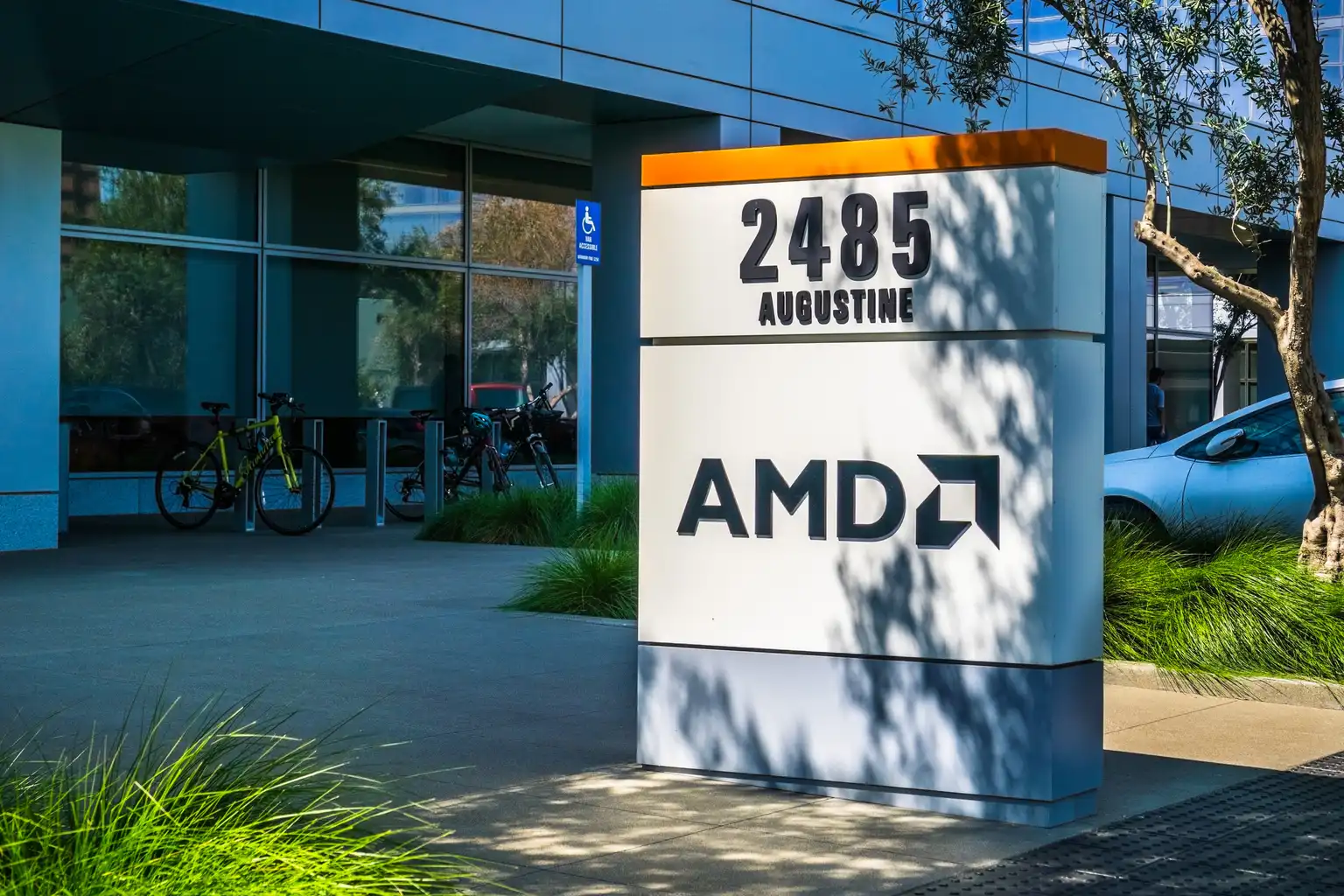
-advertisement-
AMD (NASDAQ: AMD) is reportedly planning to use glass substrates in its high-performance system-in-packages (SiPs) between 2025 and 2026. Glass substrates offer advantages over traditional organic substrates, including better flatness, thermal properties, and mechanical strength. These benefits make them ideal for advanced SiPs with multiple chiplets, particularly in data centers where performance and durability are crucial.

The adoption of glass substrates aligns with the industry's move towards more complex chip designs. As leading-edge technologies become expensive and yield improvements slow down, manufacturers are opting for multi-chiplet designs to enhance performance. AMD's current EPYC server processors already use up to 13 chiplets, while its Instinct AI accelerators feature 22 silicon pieces. Intel's Ponte Vecchio, with its 63 tiles in a single package, exemplifies this trend.
Glass substrates could allow AMD to create even more complex designs without relying on costly interposers, potentially reducing production costs. This technology could further enhance the performance of AI and HPC accelerators, which are a growing market requiring continuous innovation. The glass substrate market is booming, with major players like Intel, Samsung, and LG Innotek investing heavily.
Market projections point to explosive growth, from $23 million in 2024 to $4.2 billion by 2034. Last year, Intel committed to investing up to 1.3 trillion Won (nearly one billion USD) to start using glass substrates in its processors by 2028. Rumors have recently surfaced that Intel plans to mass-produce glass substrates as early as 2026. Samsung has formed an alliance composed of Samsung Electro-Mechanics, Samsung Electronics, and Samsung Display to develop glass substrate, aiming to start large-scale mass production in 2026 and commercialize the technology faster than Intel. It’s reported that Samsung Electro-Mechanics plans to install all necessary equipment on a pilot production line by September this year and commence operations in the fourth quarter. All signs point towards glass substrates being the future of chip design, and we eagerly await the first high-volume production designs.
Editor:Lulu
▼▼▼
HB Technology's new businesses progressing well, company addresses disclosure discrepancies
Peng Shen Technology signs cooperation agreement with five leading educational institutions
The world's first glass substrate factory is about to start mass production
Printed Circuit Boards (PCB) Workforce Development Program
Gold Circuit' Thai subsidiary signs plant engineering documents for NT$1.141 Billion
+86 191 9627 2716
+86 181 7379 0595
8:30 a.m. to 5:30 p.m., Monday to Friday
